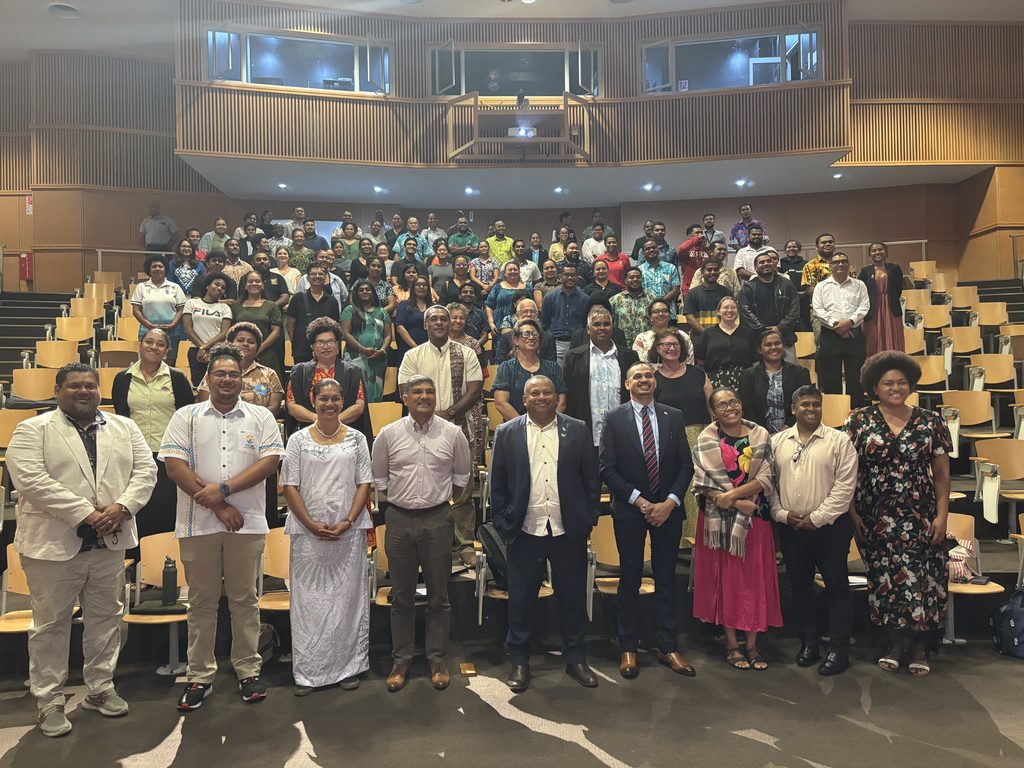The inclusion of the Fiji Business Disaster Resilience Council (FBDRC) in the National Disaster Risk Management (NDRM) Act of 2024 is a significant step toward strengthening Fiji’s national resilience.
This move highlights the crucial role the private sector plays in preparing for and responding to climate-related disasters.
While this legislative recognition is a positive development, data and recent dialogues show that many businesses still face considerable vulnerabilities and challenges in addressing climate change.
The economic impact of climate events
The private sector is a key pillar of Fiji’s economy, yet it is disproportionately affected by climate events.
A survey conducted after Tropical Cyclone Yasa in 2021 revealed a sobering reality: 92 per cent of businesses were impacted, leading to an estimated financial loss of $F25 million.
In the aftermath of the cyclone, nearly a third of the businesses surveyed either closed permanently or temporarily ceased operations.
A particularly concerning finding was that only 1 per cent of businesses had cyclone insurance, leaving them to absorb the full cost of damages.
Annually, the average asset loss from floods and cyclones is estimated to be over $500 million, a financial burden that erodes business capital and impedes economic stability.
Bridging the gap between policy and practice
Fiji’s commitment to climate action is evident in its forward-thinking legislation, such as the Climate Change Act of 2021.
However, the full potential of these policies has yet to be realised, in part due to a disconnect between legislative intent and practical implementation.
Key issues, such as the absence of a carbon pricing mechanism and a lack of clear, consistent regulations, can make it difficult for businesses to understand the necessary incentives and signals for investing in climate resilience.
Access to climate finance
A major barrier for many businesses, especially Small and Medium Enterprises (SMEs), is the limited access to appropriate climate finance.
Many existing climate funds, such as the Green Climate Fund (GCF), are structured around large-scale projects that are often too complex and substantial for the needs of the majority of Fiji’s businesses.
A 2023 report from the Pacific Islands Forum Secretariat underscored this challenge, noting that a lack of resources and technical expertise prevents many private sector entities – the very backbone of the economy – from undertaking climate change projects.
A collaborative path forward
Since its establishment in 2016 as a council under the Fiji Commerce and Employer Federation (FCEF) and supported by the Connecting Business initiative (CBi), the FBDRC has been actively working to address these challenges.
Its formal recognition in the NDRM Act of 2024 strengthens its role as a key collaborator in national disaster risk management.
We are especially grateful for the collaboration on the recent National Climate Action Dialogue with the Ministry of Environment and Climate Change, University of the South Pacific (USP), and the Pacific Community.
This kind of multi-stakeholder partnership – involving the government, the private sector, and international organisations – is vital for building a more resilient Fiji and demonstrates that we are moving in the right direction.
Moving forward, it is crucial to empower the private sector by providing clear regulations, accessible finance, and tangible support.
This will enable businesses to become proactive and resilient partners in disaster risk reduction and recovery efforts, ultimately contributing to a more secure future for the nation.



